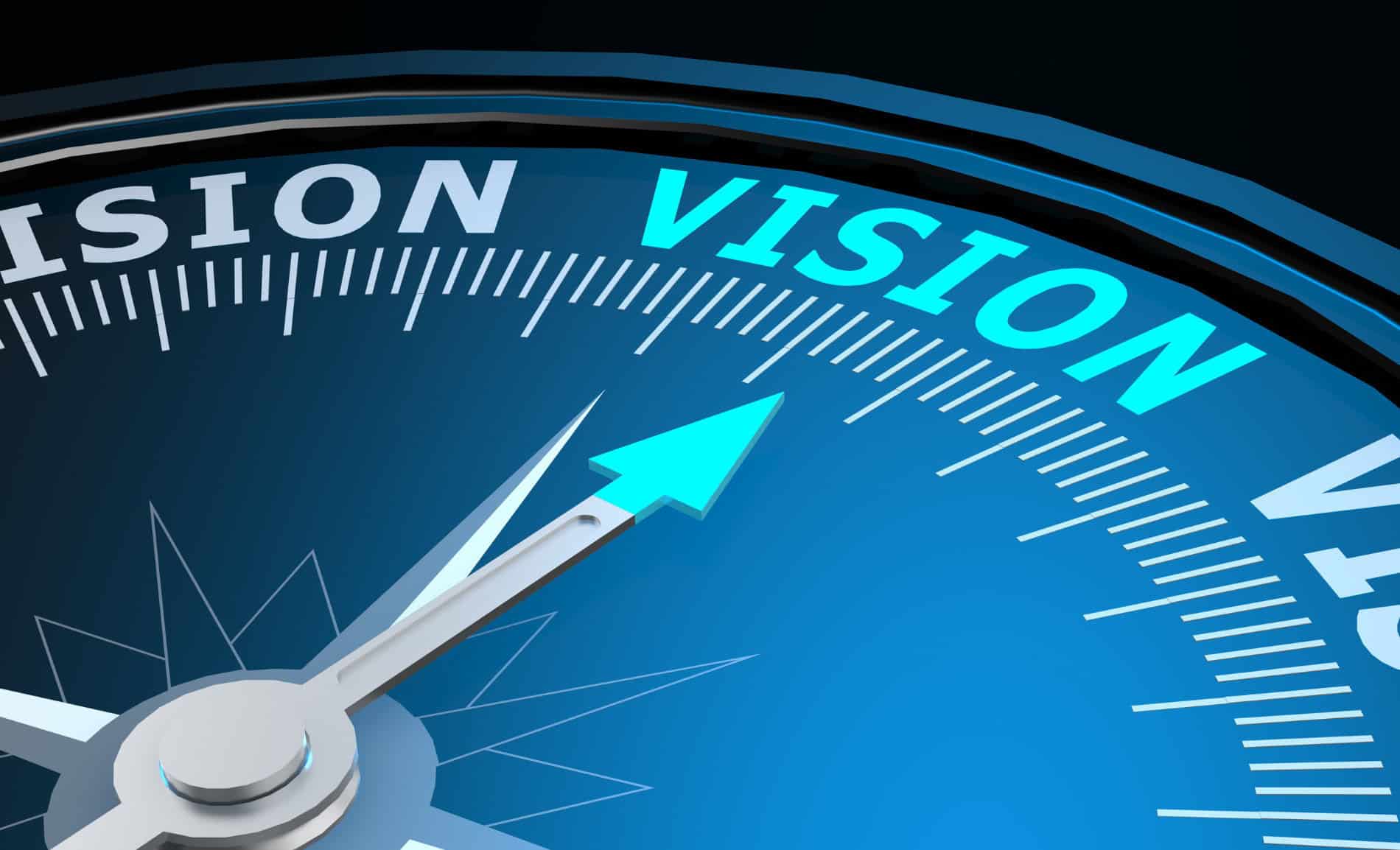I’ve written multiple times about how the energy and water markets, both within the UK and globally, are on the cusp of a revolution and how we’re seeing change like never before.
Change is often seen as a negative, for the people it directly impacts. It’s perceived as being difficult to manage, and upsetting for those around. In this instance though, we within the industry really need to see this change as a light at the end of a tunnel. Utilities have long been the ‘stable and secure’ job option. Many see the sector as a job for life, and indeed that is no bad thing but today’s workforce demands more challenge. People now are not content with just turning up every day at 9 am, and then clocking off at 5. They want to make a difference, they want to feel ENGAGED with the work they do – and most importantly, they need to feel that what they are doing is important, and has value.
Today’s utilities companies are recognising that without adapting to a more consumer centric world, they will die. The old dinosaurs are seeing the meteorites falling from the skies – and those meteorites are new challenger brands, new ways of working and new ways to communicate with customers. It’s adapt or die time and for me, that means that our industry is evolving into one of the most exciting places to be right now. Companies can’t afford to implement two or three year change programmes or IT implementations – timescales have accelerated, and with that acceleration comes a sense of excitement. Change is a constant, challenge is an everyday occurrence, the new utilities are evolving at a pace never before seen. Employees have a chance to be a part of that revolution – to genuinely make a difference to the future of the utilities industry and that also means a skills revolution.
It has never been so important that people constantly develop their skills, and these aren’t necessarily traditional skills – but skills in digital, customer communications, operations change and employee engagement. Customer service is no longer about answering the phone, but by servicing the customer on the channel of their choice – via Facebook, Twitter, WhatsApp or Messenger. Proposition development is about being able to see into the future – how many households will have EV’s in 5 years? Will in-home battery storage take off? What does privatisation mean for water suppliers? And engineering is not just about fixing HV or LV cables – it’s about creating new micro-networks, managing distributed generation or coming up with solutions around battery storage.
There has never been a more exciting time to be a part of this sector and embrace the chance – what’s holding you back?



